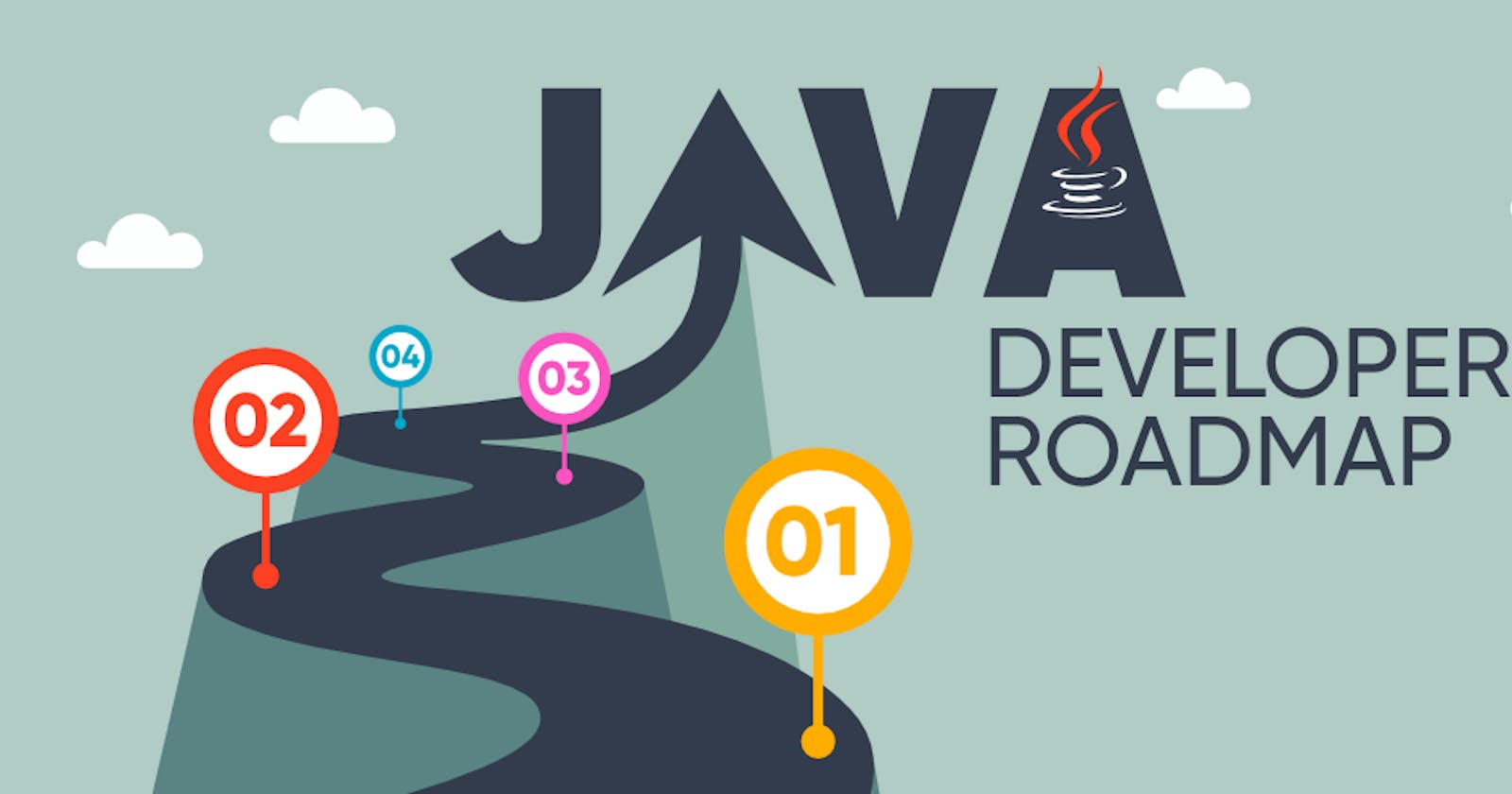Start Your Java Programming Journey Today: The Ultimate Roadmap for CS Undergrads!
Introduction
As a computer science (CS) undergraduate, you have a wealth of opportunities available to you. With the right training, you can become a sought-after software engineer, program manager, or even entrepreneur. One of the best ways to start your journey in the software engineering field is by learning Java. Java is a powerful and versatile programming language that can be used to create a wide range of applications. In this article, we will provide a comprehensive roadmap for CS undergrads to learn Java and take their skills to the next level.
Getting Started with Java
The first step in learning Java is to understand the fundamentals of programming. This includes concepts such as data types, variables, control structures, functions, and object-oriented programming. You can find many great resources online to help you get started with programming basics. You can also find plenty of tutorials and videos that can help you learn the basics of Java. Once you have a good understanding of the fundamentals, you can move on to more advanced topics.
Learning the Syntax
Once you have the fundamentals of programming down, you can begin to learn the syntax of Java. This includes the syntax for declaring variables, using operators, and writing methods. You should also become familiar with the core Java libraries, such as the Java Collections Framework. This will allow you to quickly and easily create software programs with Java.
Building a Foundation in Object-Oriented Programming
Object-oriented programming (OOP) is an essential part of software engineering. It is a way of organizing code that makes it easier to read and maintain. As an undergraduate, you should become familiar with the principles of OOP, such as inheritance, polymorphism, and abstraction. You should also become familiar with the popular OOP frameworks, such as Spring and Hibernate.
Learning Java Libraries
In addition to the core Java libraries, you should also become familiar with the other Java libraries that are available. These libraries can help you easily create powerful applications and save you a great deal of time. Some of the most popular libraries include Apache Commons, Google Guava, and JUnit.
Developing Skills with Java
Once you have the basics of Java down, you can start to develop your skills. This includes learning how to write efficient code, debug programs, and understand the principles of software design. You should also become familiar with popular development tools, such as Eclipse, IntelliJ, and Maven.
Moving Up the Ladder
Once you have mastered the basics of Java, you can start to work on more advanced topics. This includes learning how to use popular libraries and frameworks, such as Hibernate, JPA, and Spring. You should also become familiar with design patterns, such as Model-View-Controller (MVC) and Model-View-Presenter (MVP).
Conclusion
Learning Java is an important part of becoming a successful software engineer. As a CS undergrad, you should make sure to learn the fundamentals, understand object-oriented programming, and become familiar with popular development tools and libraries. With hard work and dedication, you can become a highly sought-after software engineer.

